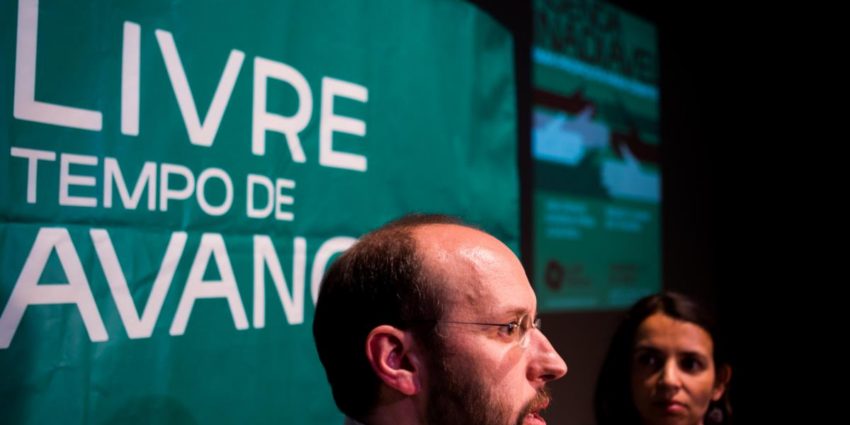Political parties are key institutions in democratic countries, as they provide citizens with distinct sets of choices of both policies and of candidates for political office. Processes of candidate selection are therefore of critical importance in the functioning of electoral democracy. In Europe, contrarily to the United States, the procedures for the selection of candidates have traditionally been of a top-down nature, marked by a high centralisation and with few provisions for the participation by ordinary members and sympathisers. However, in a context of membership decline, growing distrust towards traditional parties, and the emergence of new disruptive actors such as Podemos in Spain or the M5S in Italy, there has been a surge in the adoption of more inclusive, bottom-up processes for candidate selection in a series of European parties. This development has also been facilitated by the quasi-omnipresence of information and communication technologies. Still, few analyses have tried to understand what determines the success of potential candidates in such primaries and almost none have been able to look at how the personal connections inside parties affect this process.
In our new Politics article, “The impact of endorsements in intra-party elections: Evidence from open primaries in a new Portuguese party“, we analyse the case of LIVRE, a Portuguese party founded in 2014. In the context of the economic crisis that hit Portugal as the great recession swept the globe, a number of activists considered that there was a wide gap between the far-left and the centre-left which needed to acquire parliamentary representation in order to promote a viable left-of-centre majority. Furthermore, the founders of LIVRE also attempted to define it as more of an open party than its existing competitors, and thus promoted the adoption of intra-party deliberative and participatory processes. Like other political entrepreneurs elsewhere, LIVRE’s leadership also tried to maximise the potential of information and communications technologies to get input from its members, supporters and sympathisers. The formulation of the party’s electoral manifestos, as well as the selection of candidates for the European elections of May 2014 and the parliamentary elections of October 2015, were not only inclusive and decentralised, but also relied considerably on the internet.
The fact that LIVRE adopted primaries for the selection of candidates to national parliament was rather innovative in the context of Portuguese politics, where a tightly locked electoral system allowed party leaders to create their own lists of candidates with limited input from the party basis and none from voters at the polling stations. However, decentralisation and inclusiveness were quite high even in comparative terms. Eligibility to vote in the intra-party election was dependent only on signing the party statement of intentions – it was not necessary to be a “proper” member. Likewise, anyone could run as long as they were endorsed by at least 12 subscribers of the party’s programme, including other candidates. During a weekend in June 2015 more than 2000 selectors ranked their favourite candidates.
For research purposes, this intra-party election was especially interesting as it generated a rich amount of publicly available data. The party publicised the list of endorsers for every candidate as well as a standardised webpage for aspirants to present themselves, along with their political views and proposals. The great availability of data allowed us to study the results of this election using social network analysis. Since all the endorsements were publicised, we were able to map the structure of connections linking all the running candidates with their supporters. This allowed for an innovative way to map the social network inside the party, which represents one of the first attempts to measure it directly. This strategy enables us to demonstrate that in addition to the number of supporters that a candidate has, being a central actor in the network of political connections influenced the electoral prospects of candidates in the primaries. This effect still holds after controlling for the influence of other variables such as being a member of the party executive body or having previous political experience. In short, the prospects of success of candidates in the primaries were more a function of their informal connections with other members of the party than of their formal status.
Our research article makes two main contributions to the literature. First, it shows how the dynamics of electoral support in intra-party elections may be rooted in personal connections. As politics get increasingly personalised, political actors acquire a more prominent role of at the expenses of parties and collective identities, and this should bring implications to open processes of candidate selection. Second, our research contributes to the notion that our knowledge about political parties can be amplified by studying them not only as hierarchical organisations, but also as networks of connected individuals. In an age in which extensive data about different aspects of the political world are becoming increasingly available, more insights about the functioning of parties and their role in society can thus be generated.

